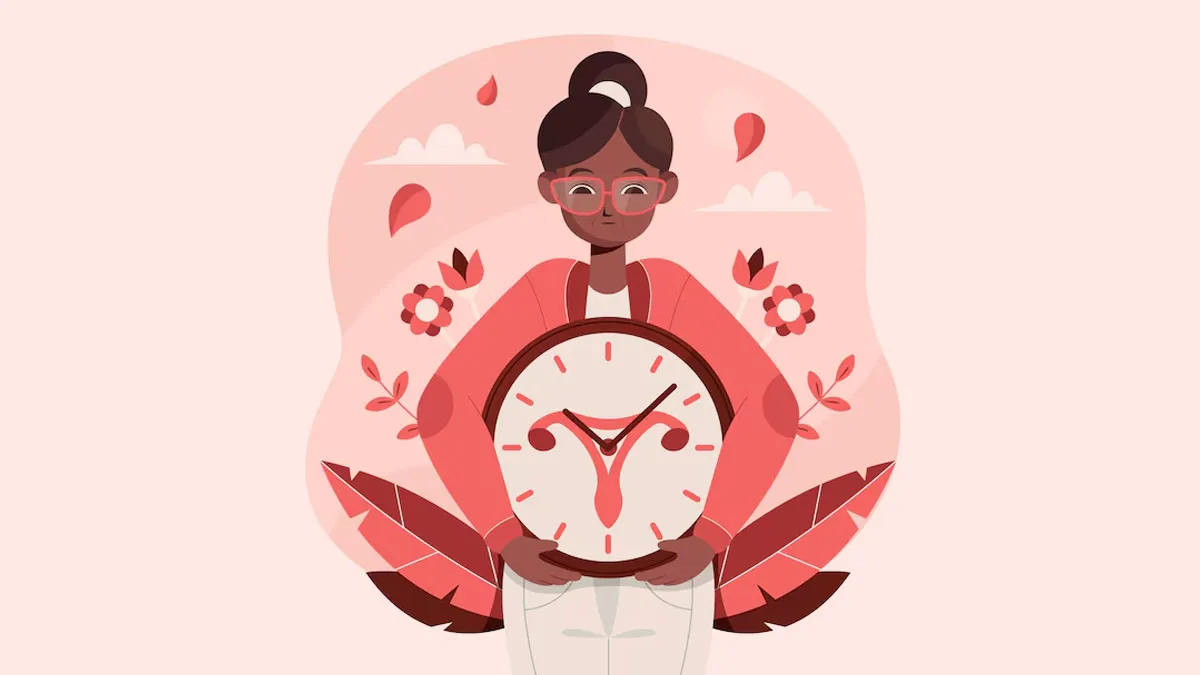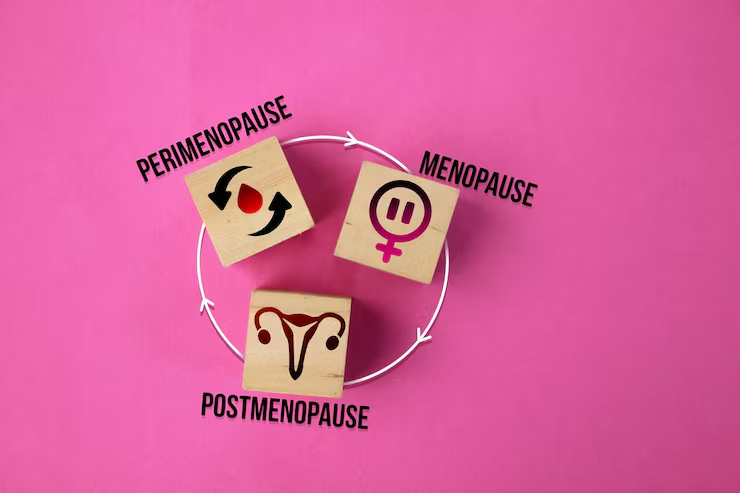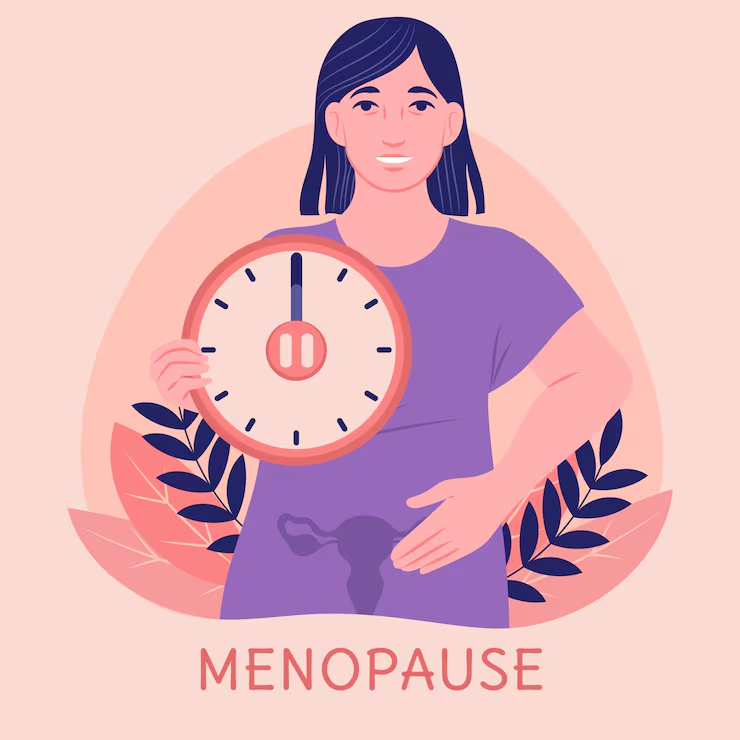
Perimenopause: How Indian Women Can Navigate The Transition With Nutrition, Lifestyle, And Mindset
Management of Perimenopause: Unpredictable, infuriating, and agonising - these are just a few words women use to describe perimenopause. From fluctuating ovarian hormones and irregular menstrual cycles to mood swings, hot flashes, and sleep disturbances, this natural phase can feel overwhelming. According to a recent report, a growing number of Indian women, particularly in their late 30s or early 40s, are now entering perimenopause earlier than before, often due to obesity, chronic stress, poor sleep, sedentary lifestyles, and hormonal imbalances such as PCOS.
To understand how women can manage this transition more gracefully through nutrition, lifestyle changes, and a balanced mindset, we consulted Dimple Bawri, Chief Nutrition Officer at nirā balance. Combining modern nutritional science with traditional wisdom, she shares actionable insights to help women navigate perimenopause with confidence, clarity, and self-compassion.
What Is Perimenopause?
Dimple Bawri shares that myths around perimenopause should not be perpetuated. “We need to understand that perimenopause is not a disease but a natural journey,” she says. What helps most is a proactive approach - a healthy diet, proper sleep, regular exercise, and stress management from an early stage. The National Institutes of Health (NIH) states, “Perimenopause, or the menopausal transition, represents a period of time during which newly arising symptoms can present complex management decisions for providers. Many women present to care with complaints of hot flashes, vaginal and sexual changes, altered mood and sleep, and changing bleeding patterns.”

Normalise Honest Conversations About Perimenopause In India
Dimple Bawri emphasises that the first step is to talk about perimenopause openly. “To begin with, it is very important to normalise honest and open conversations about perimenopause and not overlook the discomfort that women go through during this time,” she says. As awareness grows and taboos fade, women now have more access to reliable information.
1
2
3
4
She encourages seeking counselling, practising mindfulness, investing in self-care without guilt, and reframing the experience in a positive light. Simple lifestyle changes, when combined with emotional support, can help women approach this phase with greater understanding and calm.
How To Support Women Through Perimenopause
Many Indian women struggle to recognise the signs of perimenopause due to cultural expectations and family responsibilities. “Indian women are often expected to put everyone's needs before their own,” says Dimple. “Few, if any, ever get an opportunity to prioritise themselves.”

As estrogen levels drop, symptoms like fatigue, irritability, or sleeplessness can appear, often leaving families confused. Dimple suggests consulting a good gynaecologist and seeking family support to make the transition smoother.
Don't miss: Pivotal Steps To Check for Breast Lumps, Changes: Expert Guide
Best Foods And Diet Tips For Perimenopausal Women
A nutrient-rich diet can help reduce inflammation, stabilise hormones, and boost energy levels. “Based on extensive research, I recommend at least 300-400g of vegetables daily,” says Dimple Bawri. She also advises adding 100-200g of fruits daily, including green leafy vegetables, citrus fruits for vitamin C, and cherries or strawberries that naturally support sleep.
For protein, she suggests salmon, chicken, tuna, or sardines for non-vegetarians and legumes like beans, peas, lentils, chickpeas, or soy for vegetarians. “Calcium is essential for bone health, and low-fat dairy products equivalent to half a litre of milk daily can help in this regard,” she adds.
Including 30g of unsalted nuts and seeds daily, using olive oil for cooking, and consuming whole grains and oats can further improve gut health and metabolism.
Don't miss: Effect of Childhood Trauma on Mental Health: Essential Insights for Parents
Lifestyle Tips For Perimenopause Management
To promote overall well-being during perimenopause, Dimple Bawri advises limiting saturated fats, added sugars, processed foods, and red meat. “Don’t forget to focus on your mental health as well,” she reminds. “Cultivate a meditation practice, learn mindfulness exercises, and use breathing techniques to manage stress. Exposure to morning sunlight also helps regulate the sleep cycle.”

Perimenopause doesn’t have to be a silent struggle. With open dialogue, nourishing food, and a positive mindset, Indian women can embrace this stage as a powerful transition toward self-awareness, balance, and renewed purpose.
For more such stories, stay tuned to HerZindagi.
Image credit: Freepik
Also watch this video
Herzindagi video
1
2
3
4